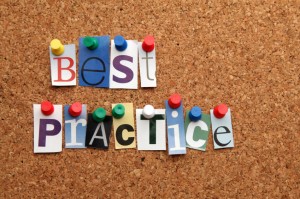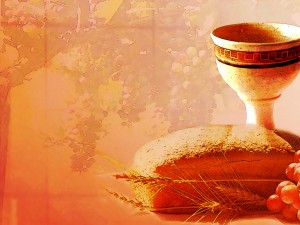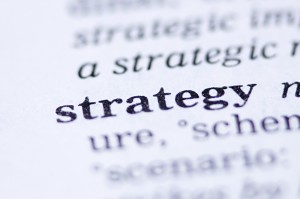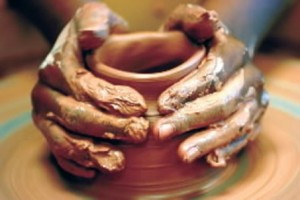 We have inherited a large house, a great “world house” in which we have to live together—black and white, Easterner and Westerner, Gentile and Jew, Catholic and Protestant, Moslem and Hindu—a family unduly separated in ideas, culture and interests, who, because we can never again live apart, must learn somehow to live in peace. ~Martin Luther King, Jr.
We have inherited a large house, a great “world house” in which we have to live together—black and white, Easterner and Westerner, Gentile and Jew, Catholic and Protestant, Moslem and Hindu—a family unduly separated in ideas, culture and interests, who, because we can never again live apart, must learn somehow to live in peace. ~Martin Luther King, Jr.
The perennial Christian strategy, someone has said, is to gather the folks, break the bread, and tell the stories.
Read the Bible passages from the worship service: Ephesians 4:1-7, 11-16 & Luke 22:24-27. How is your church a reflection of what each passage is saying? How can your church grow? What gifts do you have to help your church grow more faithful as a community?
Describe a congregation that you think embodies “best practices” of shaping community. What characterizes its forms of leadership and its power structures? What types of people have leadership roles in governance? …in testimony? …in outreach? …in teaching? …in hosting table fellowship?
Building Church as a Community: What is your church working on in its life together and ministry that builds community? That leads the community in new directions? That builds maturity among its members? What strengths does your church have to accomplish these things? Reflect on specific occasions when your community gathers in a special way, and ask what each says about the source and purpose of your community: Eucharist/communion, baptism, confirmation/membership, remembrance of the saints, all the festivals of the liturgical year.
Host or organize a meal with about 10 people from your faith community, or from your neighborhood. Invite participants to tell stories about how they came to this place and to share two of their favorite memories of life in this community.
Get a map of your local town or city and mark the identifiable neighborhoods. What reputation does each neighborhood have? Who are leaders in each neighborhood?
See how many city council members you can name from memory. If you get stumped, obtain a list from city hall. What gifts do the various elected officials bring to the community?
Identify gifts brought to the community. In what ways could you help draw out the gifts that are present in your community and weave them into the life of the larger community? How does your faith community go about calling people to service?
Collect an offering of service gifts. Pledge gifts of service in the coming year from the church community. People might offer to provide a meal in an emergency, give those who need help rides to the doctor, provide musical accompaniment for worship, read scripture for worship, do a special maintenance project, edit the community newsletter.
Support community leaders. In what special ways does your community support its leaders? Write a letter expressing appreciation to a leader you admire.
Within your faith community, identify ways to nurture the qualities that make for democratic governance and adaptive leadership:
- A sense of divine power as the power for human flourishing
- A basic equality that dignifies the varied gifts of all members
- Forms of address that tend more toward “brother” and “sister” than titles
- A sharing of resources with a view toward individual need
- An effort to cross social boundaries for a more inclusive community
- An uneasy relationship to every dominant order, every “Caesar”
- A conviction that this community is a vanguard example for the wider world.
Use these strategies for dealing constructively with communal change:
- Set a time to listen to objections and clarify so that those who oppose know they were heard. Do not defend proposed change.
- Use conciliatory speech and avoid polarizing or patronizing rhetoric.
- Find an objective facilitator who can help people feel they are part of the change process and that it’s not forced on them.
- Respect dissent, and be willing for the proposed change to incorporate some of the ideas of those who oppose it.
source: practicingourfaith.org
